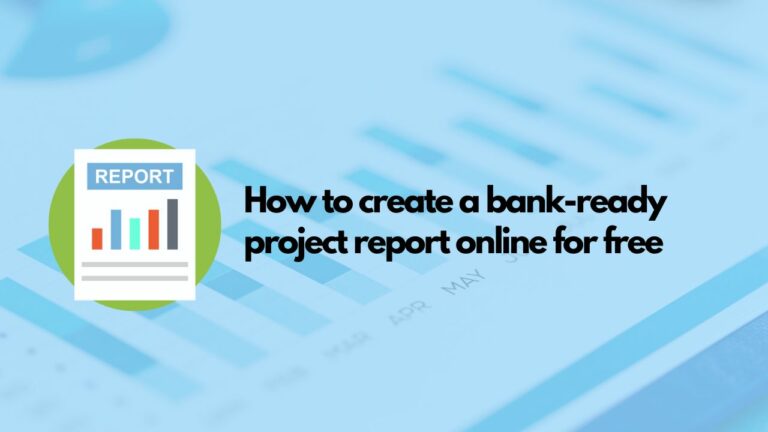webinar link
Understanding Loans and Insurance:2024
Loans and insurance are two crucial financial tools that can help you manage your finances and protect your assets. Whether you are looking to buy a house, start a business, or protect your family’s future, understanding how loans and insurance work is essential. This guide will provide you with the basics of loans and insurance, helping you make informed decisions.
What is a Loan?
A loan is a sum of money that you borrow from a lender, usually a bank or financial institution, with the agreement to pay it back over time with interest. Loans can be used for various purposes, including buying a home, financing a car, or starting a business.
Types of Loans
1. Personal Loans: These are unsecured loans that can be used for various purposes, such as consolidating debt, financing a large purchase, or covering emergency expenses.
2. Mortgage Loans: These are loans specifically for purchasing a home. They are secured by the property you are buying.
3. Auto Loans: These are loans for buying a car. The vehicle serves as collateral for the loan.
4. Student Loans: These loans help students pay for their education and are often offered at lower interest rates.
5. Business Loans: These loans are designed for business purposes, such as starting or expanding a business.
What is Insurance?
Insurance is a contract between you and an insurance company, where you pay regular premiums in exchange for financial protection against certain risks and losses. Insurance helps cover the costs of unexpected events, such as accidents, illness, or property damage.
Types of Insurance
1. Health Insurance: This type of insurance covers medical expenses, including doctor visits, hospital stays, and prescription drugs.
2. Auto Insurance: This insurance protects you financially in case of a car accident, theft, or damage to your vehicle.
3. Homeowners Insurance: This insurance covers your home and belongings against risks such as fire, theft, and natural disasters.
4. Life Insurance: This insurance provides financial support to your beneficiaries in the event of your death.
5. Disability Insurance: This insurance provides income if you become unable to work due to a disability.
Benefits of Loans
1. Access to Funds: Loans provide immediate access to funds for major purchases or investments.
2. Build Credit: Repaying loans on time helps build your credit score, making it easier to obtain future credit.
3. Lower Interest Rates: Secured loans, such as mortgages and auto loans, often come with lower interest rates compared to unsecured loans.
4. Tax Benefits: Certain loans, like mortgages and student loans, may offer tax benefits.
Benefits of Insurance
1. Financial Protection: Insurance provides financial protection against unforeseen events and expenses.
2. Peace of Mind: Knowing you are covered in case of emergencies offers peace of mind.
3. Legal Requirement: Some types of insurance, like auto insurance, are legally required.
4. Risk Management: Insurance helps manage and mitigate financial risks.
FAQ
1. What is the difference between a secured and unsecured loan?
A secured loan is backed by collateral, such as a house or car, while an unsecured loan is not. Secured loans often have lower interest rates.
2. Can I get a loan with bad credit?
Yes, but you may face higher interest rates and stricter terms. Consider improving your credit score before applying.
3. Do I need insurance if I am young and healthy?
Yes, insurance is important for covering unexpected events, such as accidents or illnesses, regardless of age.
4. How do I choose the right loan for me?
Consider your financial needs, interest rates, repayment terms, and whether the loan is secured or unsecured.
5. How much life insurance do I need?
It depends on your financial situation, debts, and the needs of your beneficiaries. A financial advisor can help determine the right amount.
6. Can I cancel my insurance policy?
Yes, but there may be penalties or loss of coverage. Check the terms of your policy.
7. What happens if I miss a loan payment?
Missing a payment can negatively affect your credit score and may result in late fees or increased interest rates.
8. Is it better to pay off a loan early?
Paying off a loan early can save on interest, but check if there are prepayment penalties.
9. What does comprehensive auto insurance cover?
Comprehensive insurance covers non-collision events, such as theft, vandalism, and natural disasters.
10. Can I switch insurance companies?
Yes, you can switch insurance companies, but ensure there is no lapse in coverage during the transition.


